ABC interviews Zahra Participant on experience recovering from coercive control
"It was like a strategic plan that I was a part of, and I was just the puppet."
Jane* was in an abusive relationship for years.
Over many years of her marriage, Jane's partner would control aspects of her life so much that she became a shell of her former self.
"I couldn't make choices for myself, movements were controlled," she told News Breakfast.
"I lost who I was as a person."
"I was at the state of walking on eggshells and questioning … is it OK if I make a choice?"
And she always thought she couldn't, for fear she would get in trouble with her husband.
Coercive control is a sinister type of abuse that can take many forms.
"I remember sitting over my computer … [and] I was told, 'let's access your MyGov.'"
Jane's partner had coaxed out details about her private government services account.
Unbeknownst to Jane, he had also changed her security questions.
Her ex-partner stood over shoulder as Jane tried to fill in her password and her private answers – but none were working.
As she sat there, getting anxious by the second, her partner stood there mocking her.
"He was going, 'oh, you don't know the answer to that?' … my ex had set it up, he had taken control of it."
Years ago, Jane escaped the relationship. But the scars from that time remain.
"You don't go into a relationship thinking … it's going to end, it's going to be bad," she said.
"I had big dreams for the future."
But by the end, she was constantly worrying about escaping her abuser.
"You're prevented from reaching out for help … to the point where you're scared of it, because if they find out that you are seeking help, what's going to happen?
"It was a really scary, scary time."

